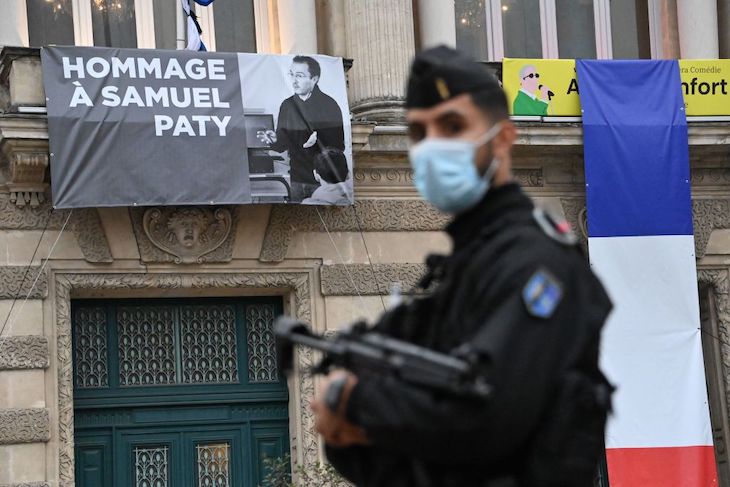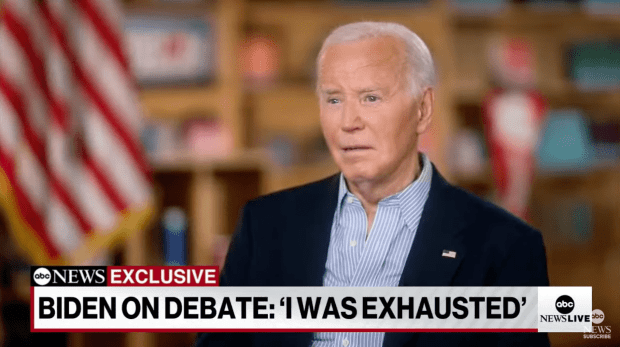Are we being ‘poisoned’ by extremism? The Prime Minister seems to think so. His speech on the steps of Downing Street following the Rochdale by-election described a country where values of tolerance and civility were being deliberately undermined by Islamists and the far right. ‘Islamist extremists and the far right feed off and embolden each other,’ he warned.
Already a subscriber? Log in
Subscribe for just $2 a week
Try a month of The Spectator Australia absolutely free and without commitment. Not only that but – if you choose to continue – you’ll pay just $2 a week for your first year.
- Unlimited access to spectator.com.au and app
- The weekly edition on the Spectator Australia app
- Spectator podcasts and newsletters
- Full access to spectator.co.uk
Or




















Comments
Don't miss out
Join the conversation with other Spectator Australia readers. Subscribe to leave a comment.
SUBSCRIBEAlready a subscriber? Log in